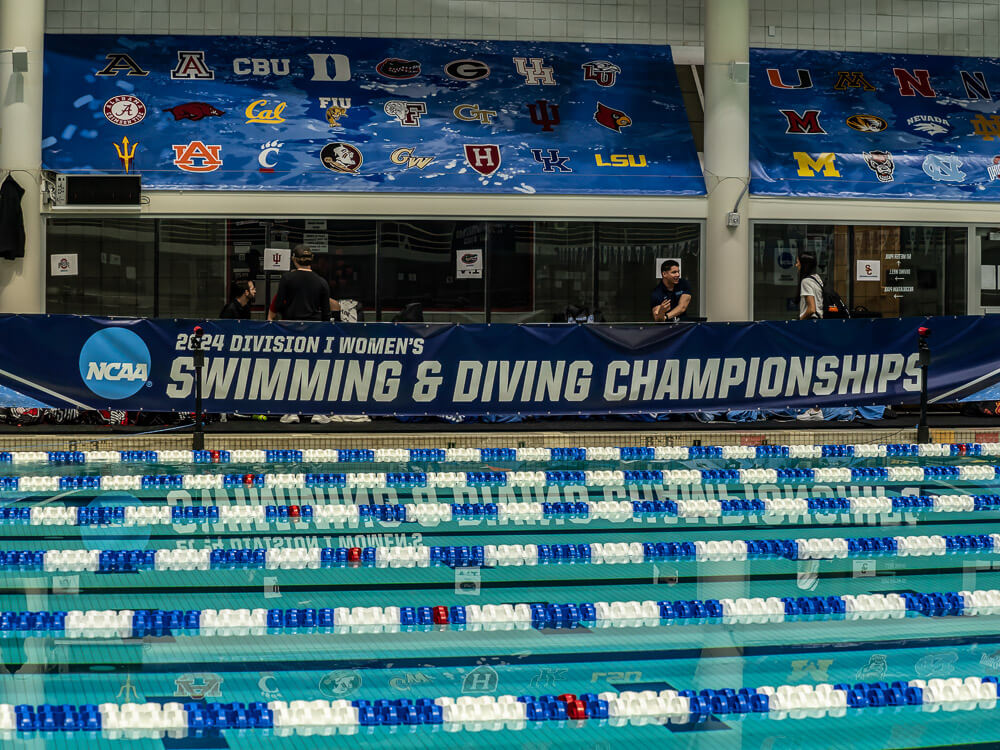Reports: NCAA Weighing Possibility of Uniform Fifth Year of Eligibility

Reports: NCAA Weighing Possibility of Uniform Fifth Year of Eligibility
The NCAA is reportedly weighing an expansion of college athletic eligibility to include a fifth year for all athletes, per reports on Friday.
College basketball writer Jon Rothstein of CBS Sports reported the discussions on Friday. The idea had first surfaced back in September, through the reporting of Yahoo! Sports’ Ross Dellenger, as part of reform on redshirt rules. The topic, Rothstein reports, will be debated between parties in early 2025.
A fifth year of eligibility would be a seismic shift in collegiate athletics, affecting both the educational institutions that athletes are attached to and the professional leagues in the United States that depend on college athletics as its feeder pipeline. It would mark the biggest change in college eligibility since the 1972 decision to grant freshmen eligibility for basketball and football players, which had previously been limited to three years.
Functionally, many recent generations of collegians have been five-year athletes. The NCAA granted waivers for an extra year of eligibility for any athlete whose college athletic opportunities were impacted by COVID-19, including the winter 2019-20 athletes who didn’t get to have NCAA championships and spring 2020 athletes who faced complete season cancellation. Many of those athletes are still working their way through school. The NCAA has also relaxed redshirt requirements in many team sports, football especially, and the implementation of the transfer portal in many sports has allowed freer movement of athletes from school to school (previously, in many cases, athletes had to sit out for a year upon a transfer to a new school.)
But that’s only part of the massive changes that are coming to college athletics. The NCAA has been forced into allowing college athletes to profit off their name, image and likeness (NIL) via the House v. NCAA settlement. Colleges are fighting a groundswell that believes athletes should be classified as employees rather than contractors, which would require a full dismantling of amateurism and a much greater share of revenues going to athletes. Every part of the college athletic landscape is getting a comprehensive review to meet the conditions of the House settlement.
How a fifth year of eligibility would fit into the jigsaw puzzle remains to be seen. It would not necessarily open up more opportunities, since the House settlement has led to roster-size limitations in many sports. But if athletes are able to profit off their athletic abilities in and out of college competition, five years in college would give them a longer time period to benefit, a potential inducement to student-athletes at the bargaining table. It’s worth noting that the NCAA defines the federal graduation rate, used for measuring the success of student-athletes in receiving an education, over a six-year window from initial enrollment.



